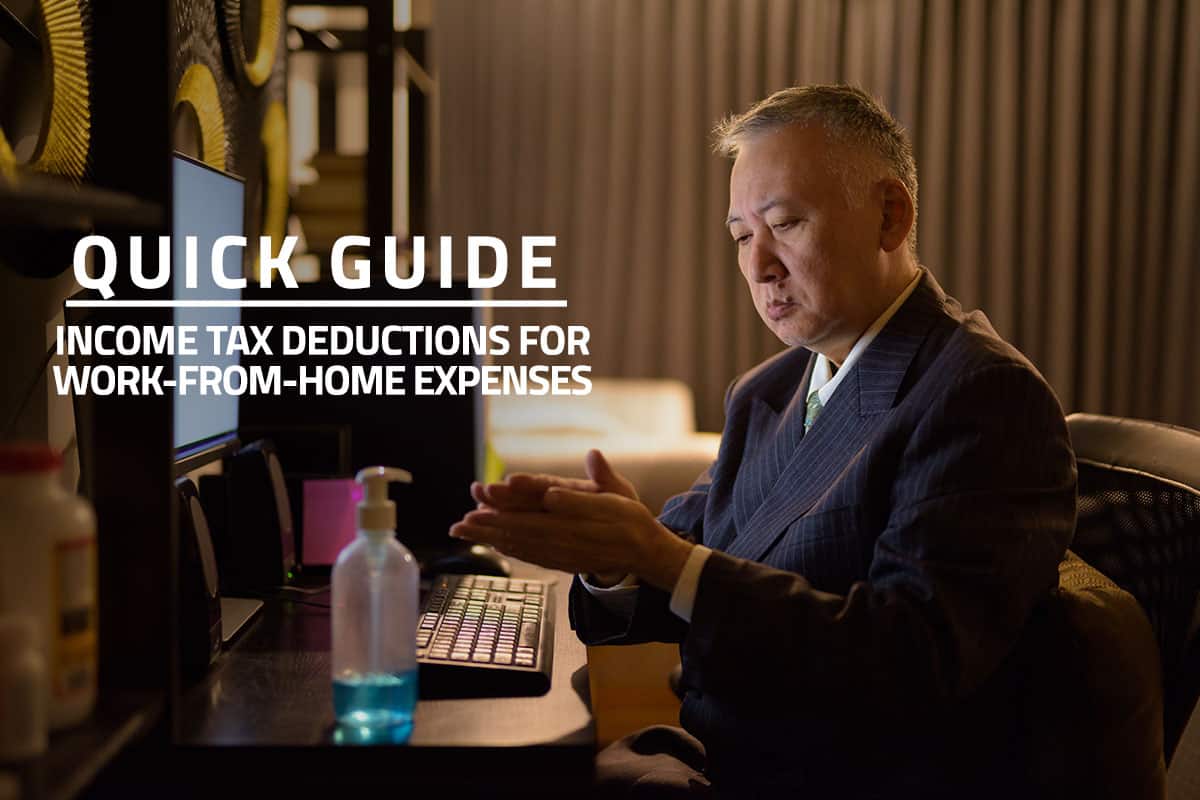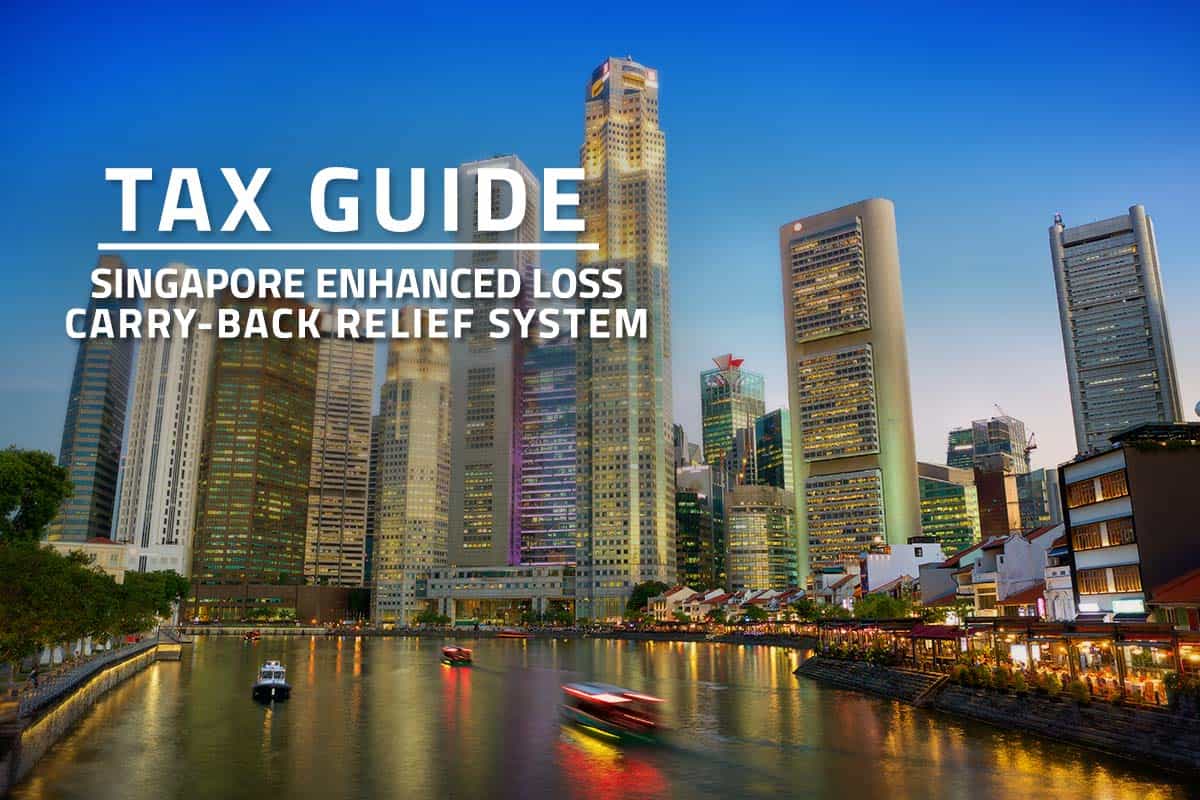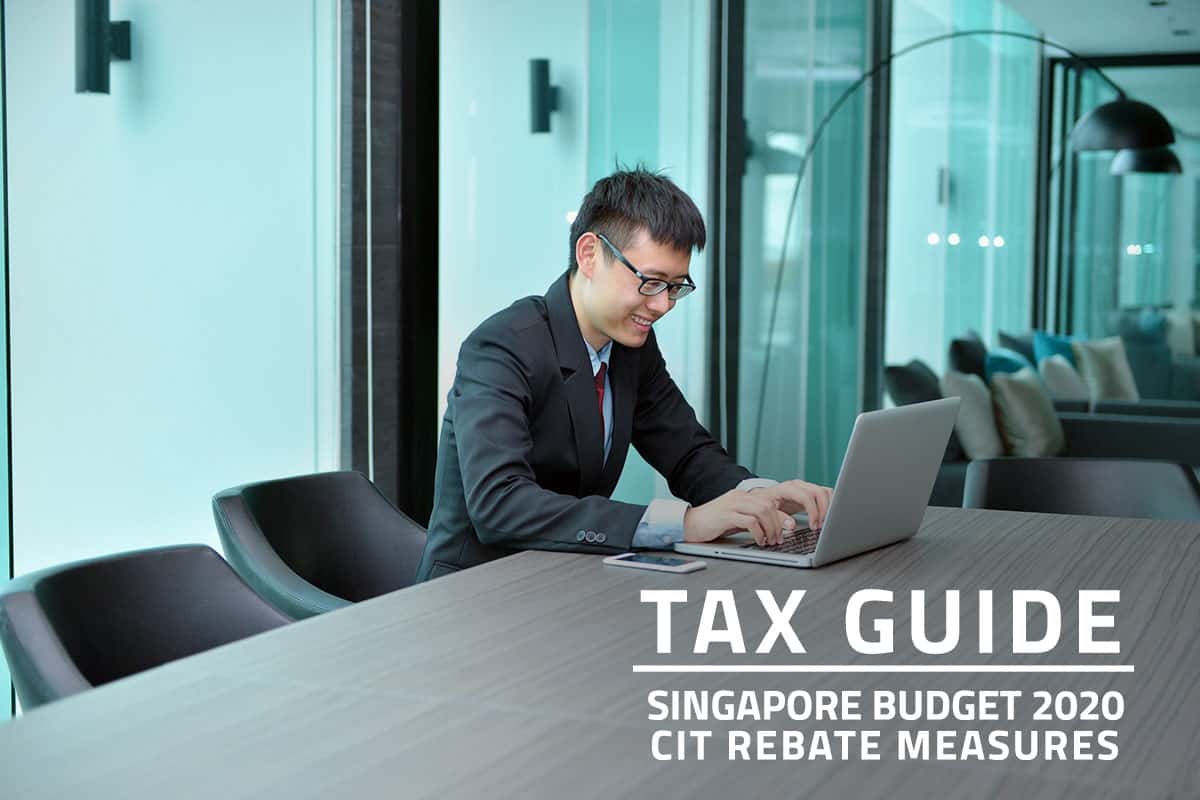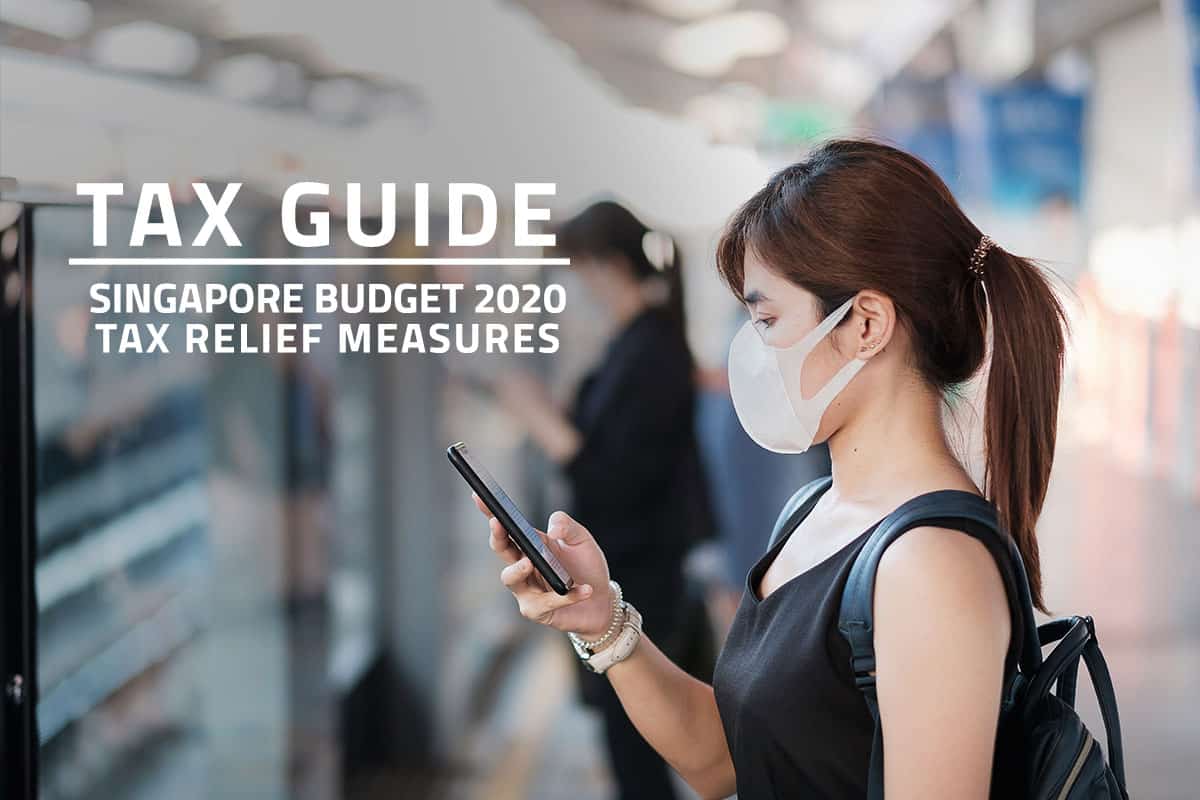
Earlier this month, the Inland Revenue Authority of Singapore (IRAS) has announced individuals may claim certain tax deductions on expenses incurred while performing work duties from home.
With circuit breaker rules progressively lifted, and as part of Singapore’s phase one reopening measures, many employees are starting to return to their regular work environments however the government urges that working from home remain the default arrangement. As a result, some employees will continue to spend on utility bills while working from home. These may thus be claimed as tax deductions against their employment income in the next fiscal year.
The following guide is a detailed overview of the scope of these tax deductions, how to claim them and other related compliance information.
What kind of expenses can be deducted?
According to IRAS, only expenses that are “incurred wholly and exclusively in the production of employment income” can be claimed as part of this IRAS tax relief. These expenses may include electricity, internet, and phone bills, along with other similar household expenses incurred while working from home. It is important to note that claims must be filed for any increase in such expenses, rather than for the entire balance of the bills.
Additionally, Deputy Prime Minister Heng Swee Keat has also announced Singaporean households will receive a one-off SGD100 credit to cover utility bills in July or August in the recent Fortitude Budget speech.
How to calculate work-from-home related tax deductions
IRAS advises employees to establish a baseline consumption level for the calculation of work-from-home expenses. Taking the months prior to the circuit breaker measures – potentially February or March – as a reference, individuals can deduct the monthly amount of the bills received during the post-circuit months to arrive at an estimate of the increase in consumption caused by working at home.
For example: if an employee’s phone bill for the month of March (prior to the circuit breaker measures) was SGD100, and their bill on April or May increased to SGD200 due to higher usage while working from home, the difference of their post-circuit breaker and pre-circuit breaker utility bill will be the amount of tax deductions levied in the next tax filing season.
In this case, they may claim the excess SGD100 (SGD200 – SGD100) as tax deduction against their employment income.
When can Singaporeans claim tax deductions related to work-from-home expenses?
These tax-deductible expenses can be claimed on next year’s tax returns. As the Singapore government continues to promote work-from-home arrangements for the foreseeable future, the period during which these tax deductions will be applicable may go beyond the date circuit breaker measures have been lifted—as long as the employee continues to work remotely.
However, the Authority emphasized that these tax deductions do not apply if the employer has already provided reimbursement for these expenses.
It is important to keep records of these expenses for a certain number of years, to ensure proper supporting evidence for these claims if an audit is required.
For individuals having trouble estimating these expenses and calculating their tax deductions, seeking professional advice from a tax expert is a good option to ensure compliance with local regulations and maximize tax savings for YA2021 tax filing season.
Related Posts
The Singapore Enhanced Carry-Back Relief System
With the recent opening of Corporate Tax Season this year, it is in the best…
Singapore Guide: ISCA FRB 5 – Accounting for Property Tax Rebate
The COVID-19 pandemic has adversely impacted the global economy, hitting Singapore companies and businesses affected…
Quick Guide: Singapore Budget 2020 Corporate Income Tax Rebate
The COVID-19 crisis has adversely impacted the global economy and Singapore companies and businesses were…
Quick Guide: Singapore Budget 2020 Personal Tax Relief Measures
COVID-19 has adversely impacted the global economy just as Singapore companies and businesses suffered negative…












